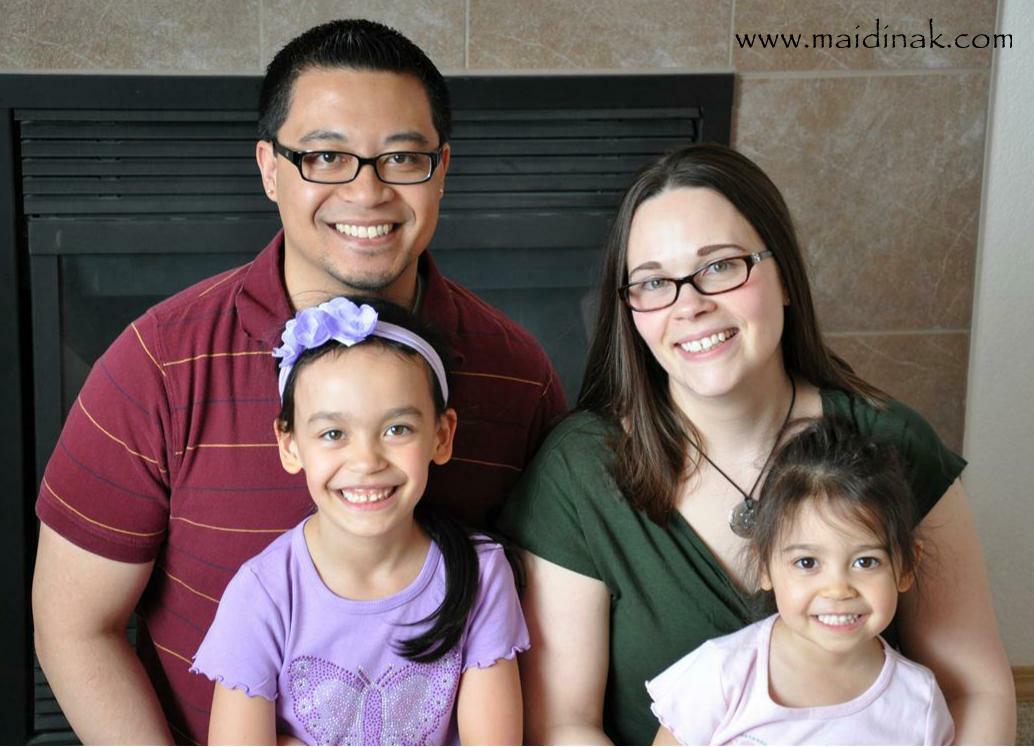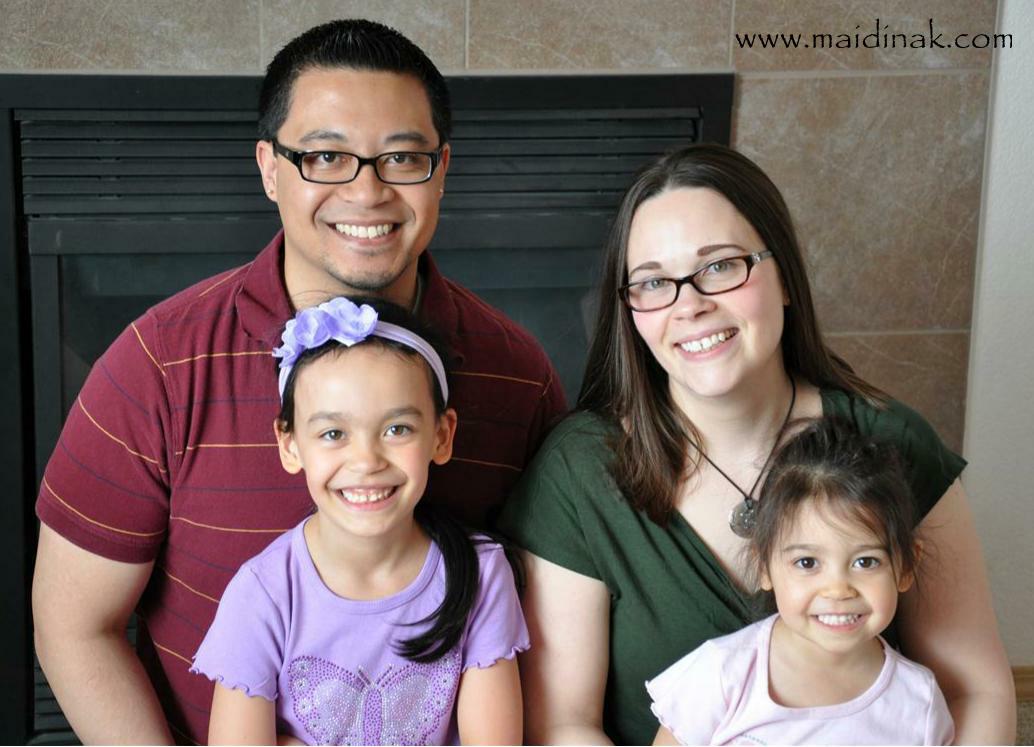I get a little emotional when I think of childhood psoriasis. Unfortunately we are all too familiar with childhood psoriasis in this house.
Our daughter, Kylie, is 7 years old. She was diagnosed with psoriasis at the age of 4.
I will never forget the drive home from the pediatrician’s office after her diagnosis. I was devastated. It’s not something I was prepared for, nor did I ever want to think was a possibility.
Why my daughter? My personal struggle with psoriasis is one thing (I’ve had it since the age of 14 years), but my girls…?
One of my worst fears is the possibility of Kylie developing psoriatic arthritis one day. It’s something I constantly pray she never has to experience.
So how do you cope with childhood psoriasis? Here are several tips that have been a big help to us.
- Look for possible food triggers, or have your child tested for food allergies/sensitivities. Over time, it became clear that gluten and dairy would set Kylie’s psoriasis into a flare. She is now gluten and dairy free. These changes to her diet have made all the difference in the world. Kylie’s psoriasis is in full remission right now.
- If your child is old enough, think about putting a lotion bottle in the bathroom where they can reach it. Kylie is allowed to go and put lotion on whenever she feels like she needs it. We’ve taught her the right amount of lotion to use and have explained the lotion bottle isn’t something to play with. She understands and so far this set-up has worked out well.
- Use dye and scent free laundry detergent to wash all of the laundry items in.
- Find the right dye and scent free soap that works for your child. If you are unsure what to use, your pediatrician should be able to recommend something.
- When your child is flaring, cotton clothing is best. Materials like fleece won’t allow skin to breath properly. Cotton is ideal.
- Parents, be honest with your children. Tell them they have psoriasis and explain the disease to them the best you can. Children are capable of understanding much more than you think.
- If your child is having problems coping with their disease, seek professional help. Your pediatrician should be able to give you different ideas and activities to help your child express themselves.
- If you do suspect your child is being bullied or teased by other kids because of their psoriasis, talk to them about it. If the teasing/bullying is happening at school, remember education is key. Most school-aged children have no idea what psoriasis is and probably think it’s contagious. Contact your child’s teacher to possibly arrange a time you can come in and speak to the class. If you aren’t comfortable in front of a classroom of students the school nurse may be able to assist.
- Connect with other parents of children suffering from psoriasis. Trade information, ideas, and vent to someone who truly understands what you’re going through with your child. It’s true, psoriasis can take an emotional toll on your child, but I think it’s also draining on the parent. Make sure you have a support system. Keeping yourself emotionally healthy means you’ll be a better parent and take better care of your child.
- Most importantly, no matter how flared your child’s skin is, make sure you show them they are loved, tell them they are loved, and most importantly, teach your children to love themselves. Beauty is in the eye of the beholder and God made all of us unique. Psoriasis patches don’t make us any less beautiful (although they do make us flakier)! Tell your children what makes them beautiful. If they are told often enough, you will give them the confidence they need to be successful in life despite their disease.
For more information on childhood psoriasis, please visit the National Psoriasis Foundation’s website at www.psoriasis.org.
Disclaimer: Megan Ancheta of Allergy Free Alaska, LLC, is not a doctor or dietician, and none of the above should be construed as medical advice. This post is solely based on her personal experiences and opinions, and should not be interpreted as an attempt to offer a medical opinion or otherwise engage in the practice of medicine.


